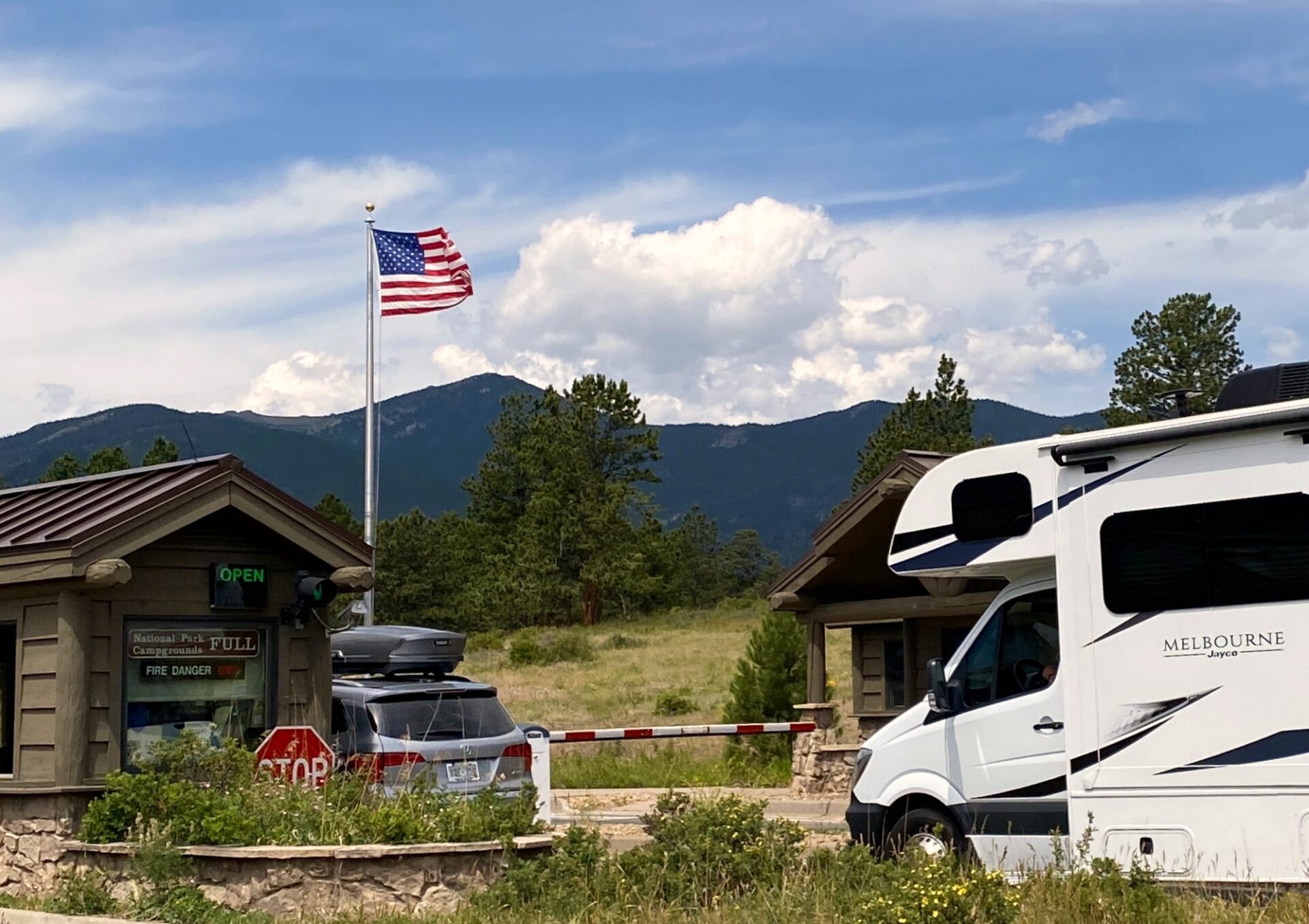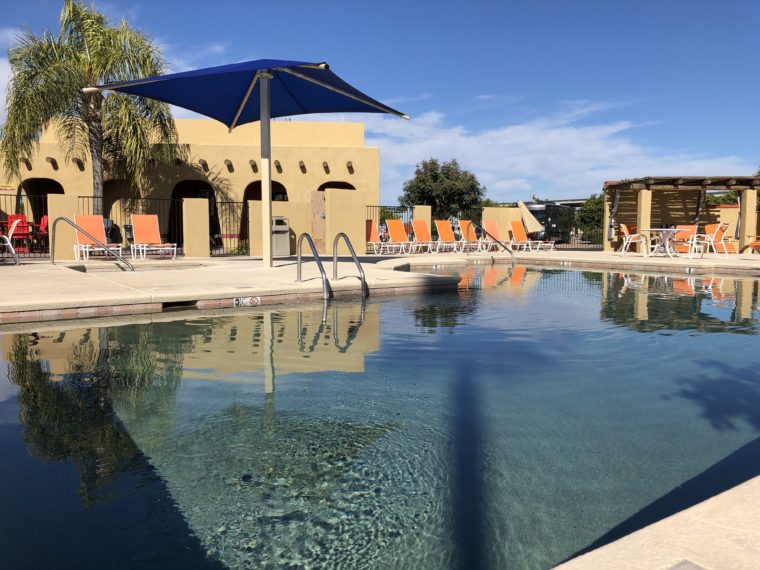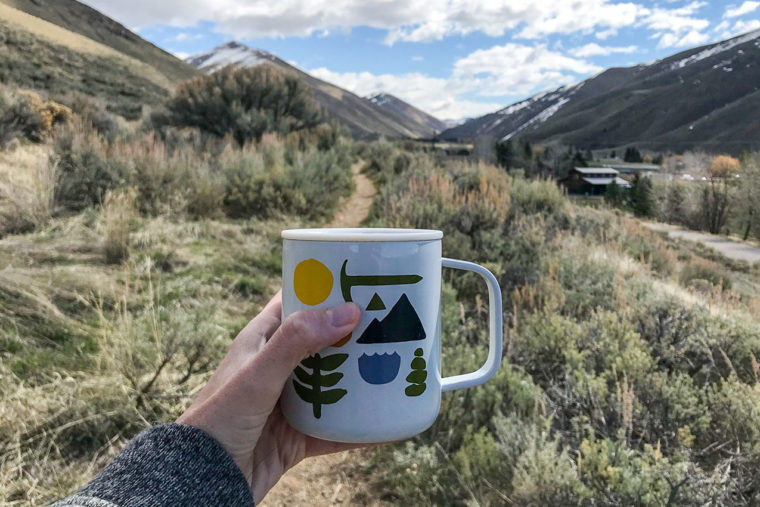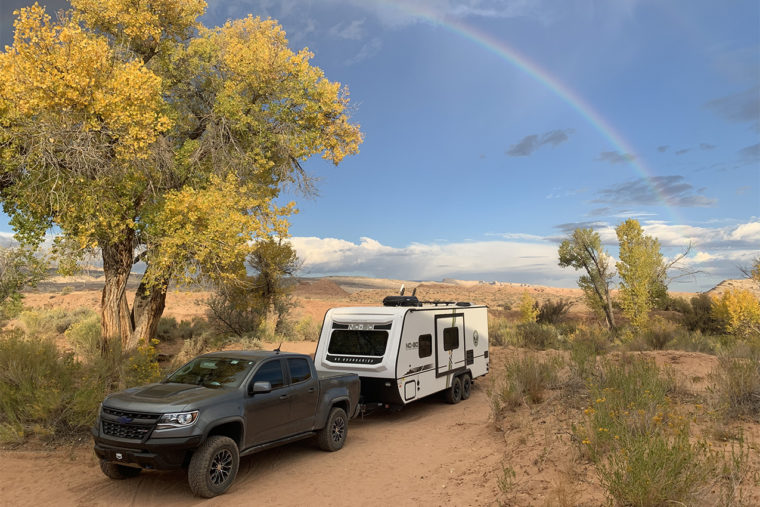In a culture that regularly skips reading the fine print on apps and products, it might not have occurred to you to read the fine print on campground bookings. However, park policies can vary greatly from campground to campground, making it worth your while to spend a few minutes considering them before making a reservation.
The Ultimate Guide to Campground Etiquette
Don’t book a campsite without considering these 10 park policies:
1. Cancellation Policies
You may be accustomed to canceling hotel rooms without paying a penalty, but campgrounds are different. Cancellations may involve paying a small fee, the cost of one night’s stay, or as much as 50 percent of the nightly fee for the whole reservation. Travelers have complained about losing several hundred dollars after illness, mechanical problems, and even family deaths that led to the cancellation of a camping trip. Before you book, be sure the non-refundable amount is a price you’re willing to pay for any unexpected changes.
2. Rig Limitations

Some campgrounds only allow certain types, sizes, or ages of RVs. I recently planned to book a beautiful resort for a summer vacation and was surprised to learn that the park preferred motorhomes and fifth wheels. In order to make a reservation, the park required me to send in details and photos for approval. In general, you’ll find that some RV parks with rig limitations either cater exclusively to motor coaches or require rigs to be newer than 10 years old.
3. Resort Fees
While most campgrounds include on-site amenities in nightly fees, others require you to pay a resort fee per person. If you’re traveling with several children, these fees can add as much as 30 to 50 percent to your nightly cost, whether or not you use the amenities. Also, even if there isn’t an automatic resort fee, some campgrounds charge for specific activities or for armbands that allow access to certain amenities.
4. Site Rules
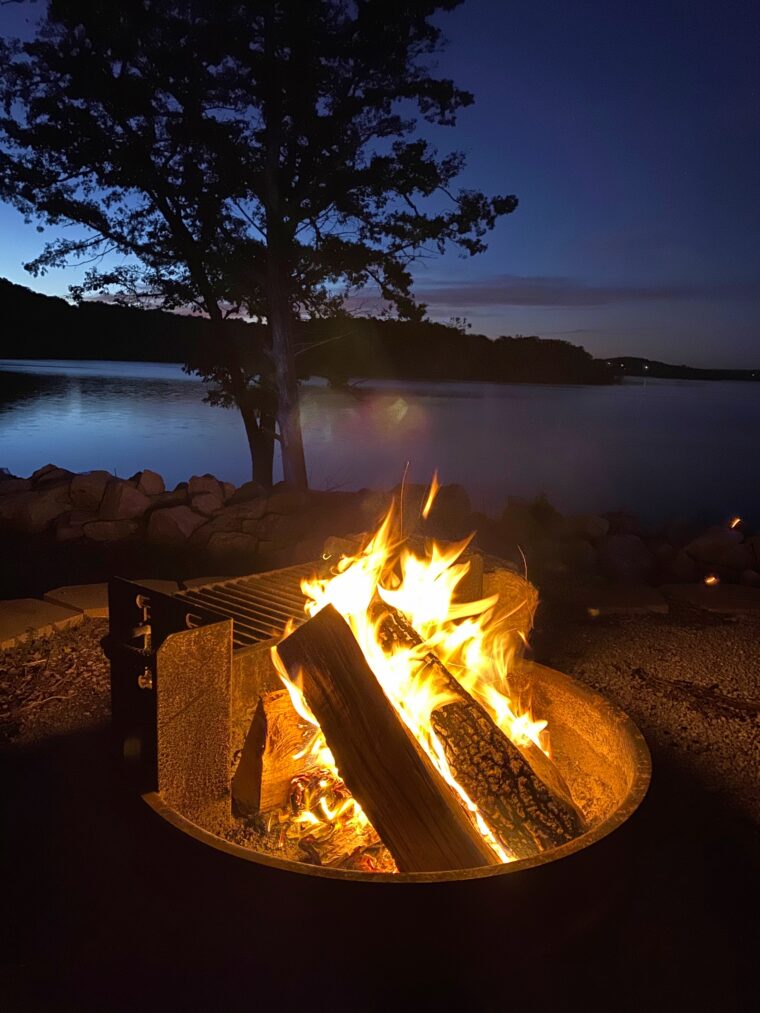
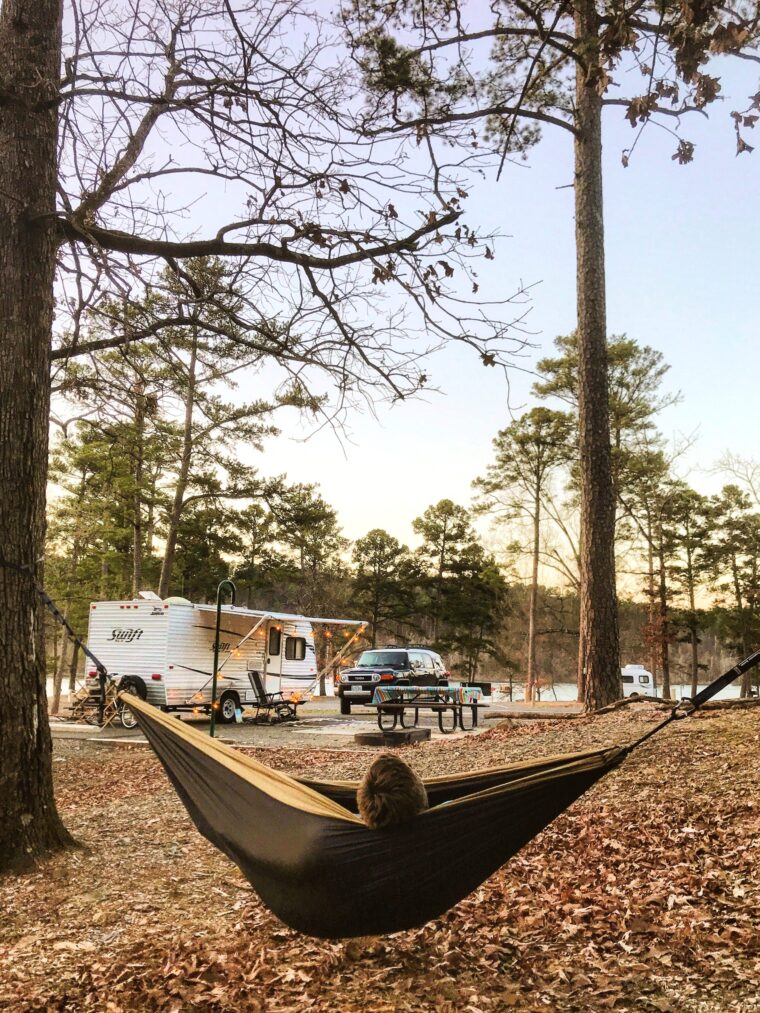
Parks set rules about what is or isn’t allowed. If you don’t consider it a camping trip without a campfire, be sure to check park policies. Open campfires may be banned, especially in areas of wildfire risk. Campgrounds sometimes ban things like hanging hammocks or laundry lines from trees, covering the grass with outdoor rugs, or flying drones in the park. Some even have stipulations for using the sewer system, requiring rubber doughnuts or watertight connections.
The Ultimate Guide to Campground Etiquette
5. Length-of-Stay Requirements
Some campgrounds require a minimum night stay for bookings, particularly on weekends or holidays. Also, parks may cap the length of your stay, with 14 nights being a common maximum at many public campgrounds.
6. Check-In/Check-Out Rules
Of course, all campgrounds post check-in and check-out times, but some parks are stricter about these, and a handful require you to check in before the office closes, not allowing late arrivals. Some, particularly state parks, are gated and don’t allow entrances or exits after a set time. I was surprised to notice one campground required us to sign a check-out sheet upon leaving and would charge a significant fee if we didn’t. Another required us to phone the park to confirm our arrival time on the check-in day.
7. Age Requirements
This one doesn’t require reading the fine print, as it’s usually well advertised, but some RV parks have age limitations for campers, catering to those who are over 55 or 60 years old. Some campgrounds don’t allow children.
8. Pet Policies

When taking your dog RVing, you will find a whole host of policies that apply. Albeit controversial, some parks have breed or size bans; others don’t allow pets at all. If your pet is allowed, you may be asked to show shot records or other documents. Finally, parks may have policies about whether your pet may be left alone and where your dog may do its business.
The Ultimate Guide to Boondocking With Pets
9. Park Entrance Fees
When booking state and national parks, read the fine print to see if you’ll also need to pay entrance fees for the park itself. If so, this may add as much as $20 per day to the cost of your camping fees. If you’ll be staying at several national park campgrounds, look into getting an annual pass. While national parks require you to pay entrance fees, parks using timed-entry passes don’t require you to book those, luckily.
10. Members-Only Parks
While many parks are part of networks and franchises with membership programs—like Good Sam, KOA, and Jellystone—you don’t have to be a member to stay in those parks; however, other parks are for members only or have specific sections set aside for members. This is true for some Escapee or Thousand Trails parks.
Reading and understanding park policies is one thing, remembering them is another. When planning a cross-country trip with stays at a number of campgrounds, I add notes about these kinds of policies to my trip-planning document, so I can remember them when the time comes. It’s also helpful to set reminders in your phone that pop up on the day of or day before your stay. Paying attention to these important policies before you book can prevent disappointments upon arrival.
